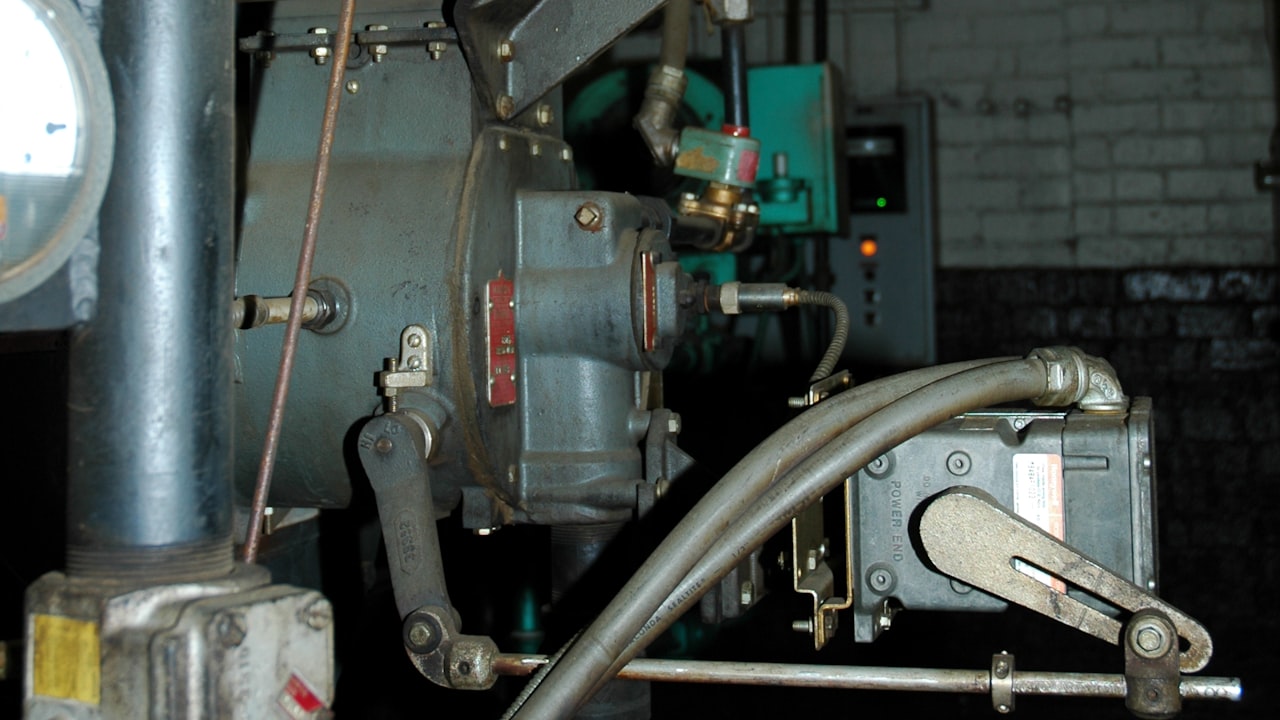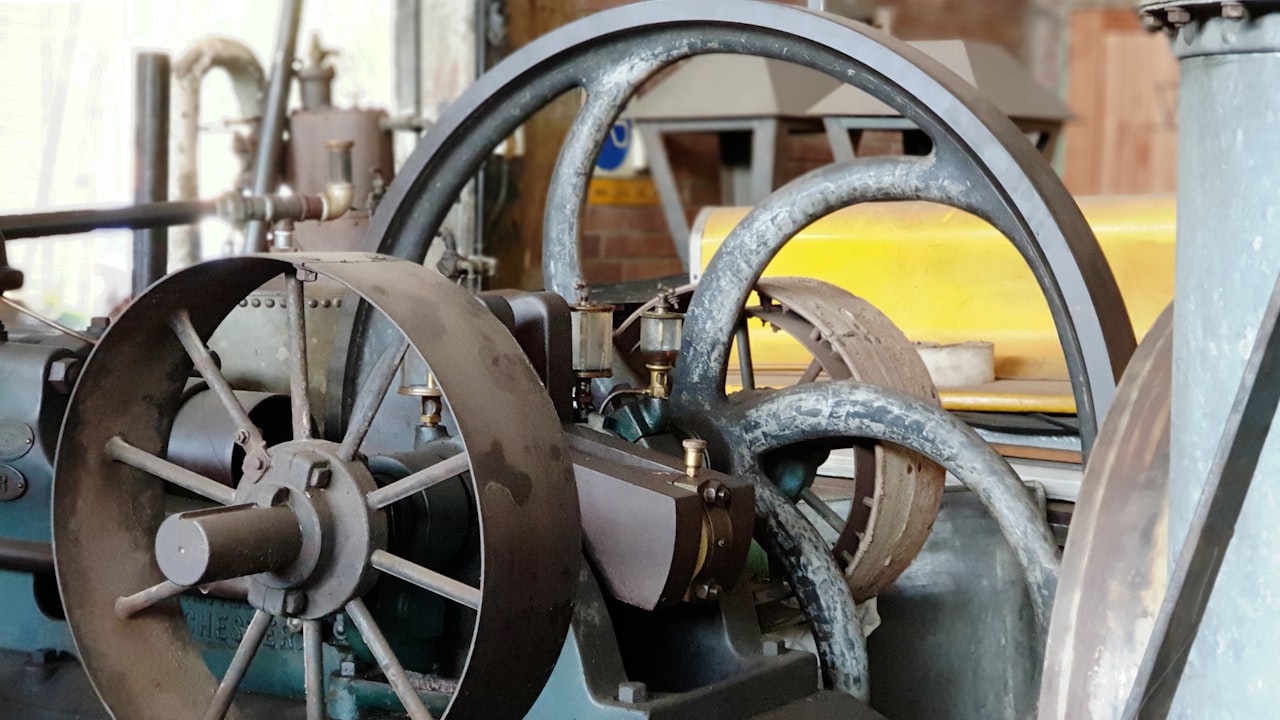Title: “The Importance of Pharmaceutical Machinery in Drug Manufacturing”
In the realm of drug manufacturing, pharmaceutical machinery plays a pivotal role in ensuring efficiency, accuracy, and quality throughout the production process. Two key pieces of equipment in this industry are the table press machine and the capsule filling machine. The former, known for its ability to compress powdered ingredients into solid dosage forms, and the latter, designed to fill empty capsules with the appropriate medication, are integral to the pharmaceutical production line.
Tablet press machines, such as the TDP (Tablet Press Machine) and the THDP (High-Speed Double Rotary Tablet Press), are essential for the compression of granular or powdered materials into tablets of various shapes and sizes. These machines utilize punches and dies to form tablets that meet specific requirements in terms of weight, thickness, and hardness. The TDP, for example, is a single-punch machine suitable for small-scale production, while the THDP is a high-speed, automated option ideal for large-scale operations. Both machines contribute to the efficient and precise manufacturing of tablets, ensuring uniformity and consistency in the final product.
On the other hand, capsule filling machines are crucial for the encapsulation of powders, pellets, or granules into easy-to-administer capsules. These machines come in different types, including manual, semi-automatic, and fully automatic models, each offering varying levels of production capacity and automation. By accurately filling and sealing capsules, these machines enable pharmaceutical companies to customize doses, improve drug delivery, and enhance patient compliance. The efficient operation of capsule filling machines ensures the safe and effective encapsulation of a wide range of medications, from antibiotics to vitamins.
In conclusion, pharmaceutical machinery such as table press and capsule filling machines are indispensable tools in drug manufacturing. By incorporating advanced technologies and precise mechanisms, these machines facilitate the production of high-quality pharmaceutical products that meet industry standards and regulatory requirements. As the pharmaceutical industry continues to evolve, the role of innovative machinery in enhancing production capabilities and optimizing processes becomes increasingly significant. Overall, the efficient operation of pharmaceutical machinery is paramount in ensuring the safety, efficacy, and consistency of medications produced for the benefit of patients worldwide.

 Title: “The Role of Pharmaceutical Machinery in Modern Medicine Manufacturing”
Title: “The Role of Pharmaceutical Machinery in Modern Medicine Manufacturing” Title: “The Role of Pharmaceutical Machinery in Modern Medicine Manufacturing”
Title: “The Role of Pharmaceutical Machinery in Modern Medicine Manufacturing”  Title: “The Evolution of Pharmaceutical Machinery: Innovations and Advancements”
Title: “The Evolution of Pharmaceutical Machinery: Innovations and Advancements”



